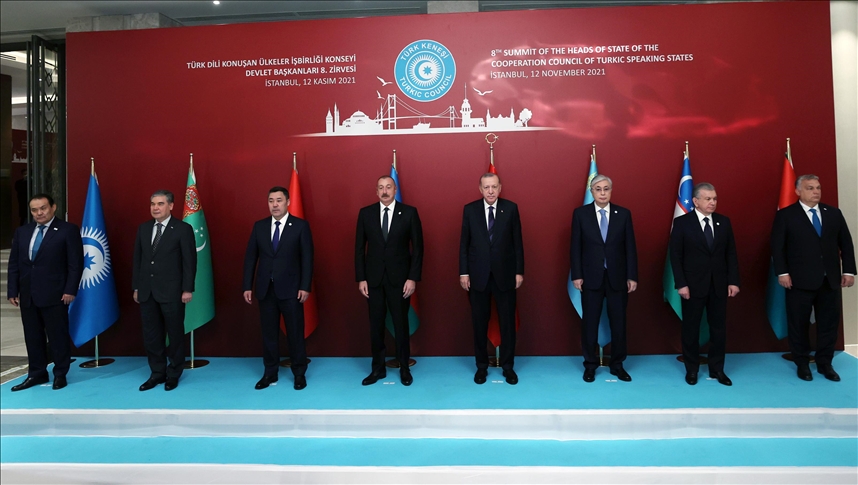
The Cooperation Council of Turkic Speaking States (also known as Turkic Council) convened at the level of heads of state on 12 November 2021, in Istanbul, with the theme of “Green Technologies and Smart Cities in the Digital Age”. The Turkic Council is based on the Summits of Heads of State of Turkic Speaking Countries held since 1992 and was institutionalized as an international organization with the Nakhchivan Agreement signed between Azerbaijan, Kazakhstan, Kyrgyzstan, and Turkey in 2009. Uzbekistan became a member in 2019, while Hungary and Turkmenistan participate in the summits of the organization as observer members. Since its establishment, the organization has made multifaceted progress. At this year's summit of the heads of state of the organization, significant goals were set forth to consolidate the cooperation between the member states, especially in the fields of transportation, economy, education, science, and culture. The unanimous decision to change the name of the organization to "Organization of Turkic States" was a step that heralded the deepening and institutionalization of cooperation between member states.
The first President of Kazakhstan and honorary chairperson of the Turkic Council, Nursultan Nazarbayev, had recommended the development of the "Turkic World Vision 2040" at the Baku Summit of the organization in 2019. The completion of the Vision 2040 and its publication at this year's summit has been an important development. The Vision 2040 is a document that sets out long-term goals and will guide the ways to achieve these goals. At the summit, the heads of the member states stated that they instructed for the preparation of the “2022-2026 Organization of Turkic States Strategic Roadmap” for the implementation of the goals they have agreed in line with their future cooperation.
Prior to the Organization's Heads of State Summit, a series of meetings were held this year on various topics and for different sectors. These meetings contribute to the shaping of the vision document and strategic roadmap. The most important factor for the development of commercial and economic relations between the member states of the Organization of Turkic States is transportation. For this reason, in the Vision 2040 Document, the goals of eradicating the non-physical barriers to efficient, stable, fast, and seamless transport across the Trans-Caspian International East-West Middle Corridor, capitalizing on existing and prospective regional transport corridors and integrating them into the Trans-Caspian International East-West Middle Corridor, has been put forward. At the Organization's Ministers of Transport Summit held on 14 October 2021, it was stated that transport should be liberalized between member countries, and instructions were given to encourage combined transport operations and Caspian crossings and to significantly increase the share of the Trans-Caspian East-West Central Corridor in Eurasian transports.
The Vision 2040 Document sets forth the goal of ensuring free movement of commodities, capital, services, technology, and people among the member states in economic and sectoral cooperation. In this respect, the decision to finalize the Establishment Agreement of the Turkic Investment Fund to increase trade between member countries, to develop entrepreneurship (especially SMEs), and to provide a predictable investment environment is an important development. Accelerating the work towards finalization of the “Trade Facilitation Strategy Paper”, agreeing to work for the establishment of the Turkic Trade Houses, establishing TURANSEZ (a special economic zone in Kazakhstan) to strengthen the economic cooperation and connectivity between the Turkic states are other notable steps. Kazakhstan Economy Minister Aset Irgaliyev has stated that TURANSEZ, situated in the Turkestan region, is an industrial cluster established for product processing, engineering, electrical equipment, tourism, and education, as well as aiming to promote mutually beneficial commercial relations.[1] The meeting of the Fifth Ministers in charge of Youth and Sports of the Turkic Council and the First Young Entrepreneurs Forum held on 20-21 September 2021 is important for member states to develop ties between young business people and enable them to discover new business opportunities, also due to the fact of the signing of the “Memorandum of Understanding for Cooperation on Multilateral and Bilateral Youth and Youth Workers Exchange Programs”.
Developing strategic energy infrastructure projects such as Baku-Tbilisi-Ceyhan, Baku-Tbilisi-Erzurum, Southern Gas Corridor, and its components TANAP and TAP in the region, thus meeting the demands of member states, contributing to European and global energy security, have been among the targets set out in the field of energy in the vision document. Considering that the difficulties that arise in ecological developments and welfare are linked, the weight of the goal of ensuring cooperation between member states for clean/green energy through joint investments, and exchange of knowledge, and experience was reflected in the “Green Technologies” title of this years’ summit. In line with the results of the meeting of Energy Ministers which was held on 24 February 2021, the heads of states announced that they encouraged the development of proposals for cooperation in renewable energy at the summit.
The Organization of Turkic States coordinating with regional actors to create an environment of trust, good neighborliness, and cooperation in Eurasia carries much importance as well. In this direction, the goal of developing cooperation with international and regional organizations and third countries, to strengthen institutional relations with UN and its bodies, Organization of Islamic Cooperation(OIC), Organization for Security and Cooperation in Europe (OSCE) and Conference on Interaction and Confidence Building Measures in Asia (CICA), and establishing new partnership relations with relevant regional institutions including the European Union (EU), Organization of the Black Sea Economic Cooperation (BSEC), Economic Cooperation Organization (ECO), and Visegràd Group have been put forward. Hungary's proposal to convene the joint Heads of State Summit of the Organization of Turkic States and the Visegrad Group (V4), and the proposal of the President of Kyrgyzstan to establish an interregional Central Asia + South Caucasus platform are important in this direction.
Of course, it is not possible to establish an agenda regarding security and regional economic processes without taking the Afghanistan factor into account. In this regard, at the extraordinary summit of Ministers of Foreign Affairs on Afghanistan held on 27 September 2021, the member states emphasized that they support an inclusive and representative political system that protects fundamental human rights in Afghanistan, and stated that they support efforts to provide comprehensive assistance to the people of Afghanistan.
Other important issues addressed in the vision document are health, agriculture, tourism, customs, information and communication technologies, information and media, cooperation with non-governmental organizations, diaspora, education, science and culture, humanitarian aid and development cooperation. In this direction, at the summit of the heads of states, progress made on the issues of institutional cooperation in the Turkic World, cooperation with third parties, cooperation with the public, policy, security, economic and sectoral cooperation was noted and the instructions given towards the goals set out in the vision document was addressed. The Organization of Turkic States contributes to the development of the Eurasian integration process through the expansion and deepening of cooperation between member states, as well as promoting the common Turkic identity as a source of cultural richness, and ensuring greater harmonization of national culture, education, and youth policies.
© 2009-2025 Center for Eurasian Studies (AVİM) All Rights Reserved

 GEORGIA’S ANAKLIA PORT ON THE MIDDLE CORRIDOR ROUTE
GEORGIA’S ANAKLIA PORT ON THE MIDDLE CORRIDOR ROUTE
 16TH SUMMIT OF BRICS LEADERS
16TH SUMMIT OF BRICS LEADERS
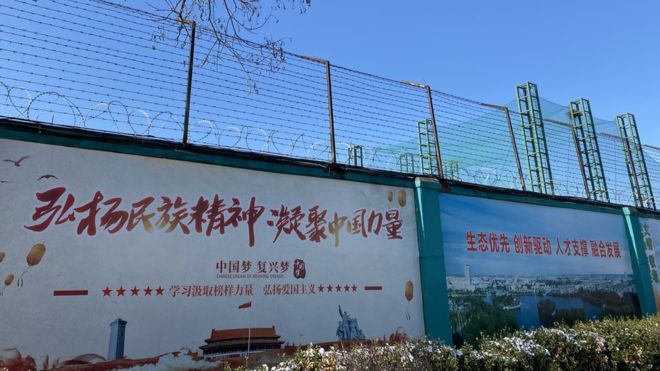 FACTORIES USING FORCED LABOUR OF THE UYGHURS PROVIDE SUPPLIES FOR 83 WELL-KNOWN BRANDS
FACTORIES USING FORCED LABOUR OF THE UYGHURS PROVIDE SUPPLIES FOR 83 WELL-KNOWN BRANDS
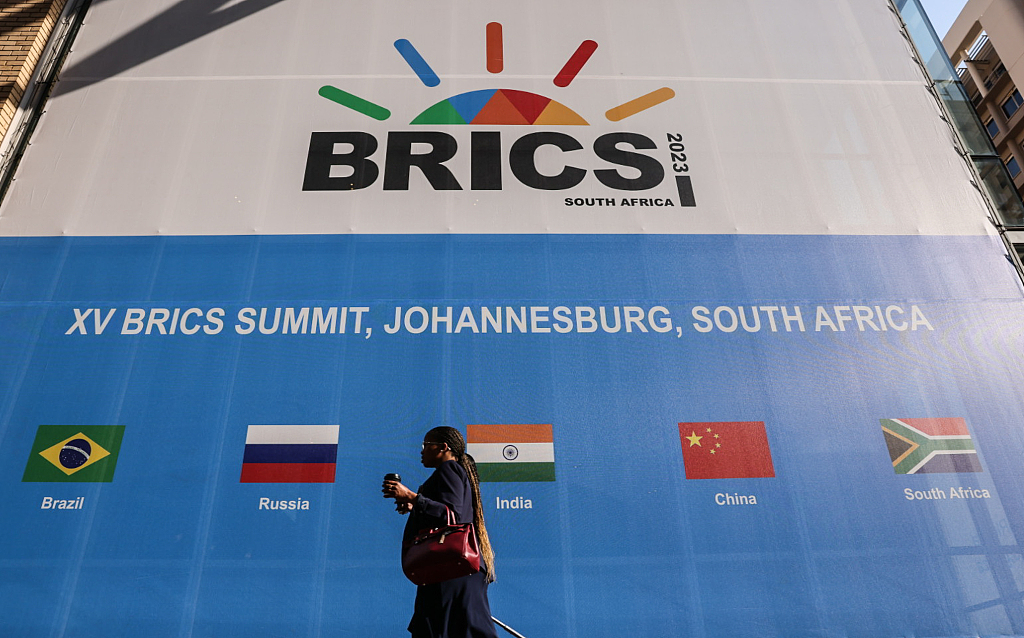 THE BRICS SUMMIT 2023
THE BRICS SUMMIT 2023
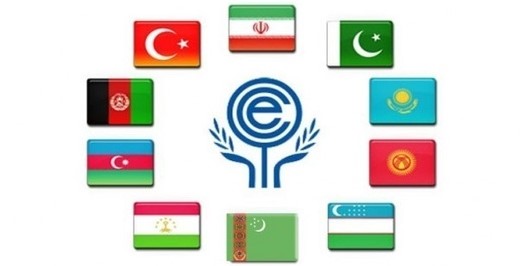 A MODEL THAT NEEDS TO BE DEVELOPED FOR REGIONAL COOPERATION: ECONOMIC COOPERATION ORGANIZATION
A MODEL THAT NEEDS TO BE DEVELOPED FOR REGIONAL COOPERATION: ECONOMIC COOPERATION ORGANIZATION
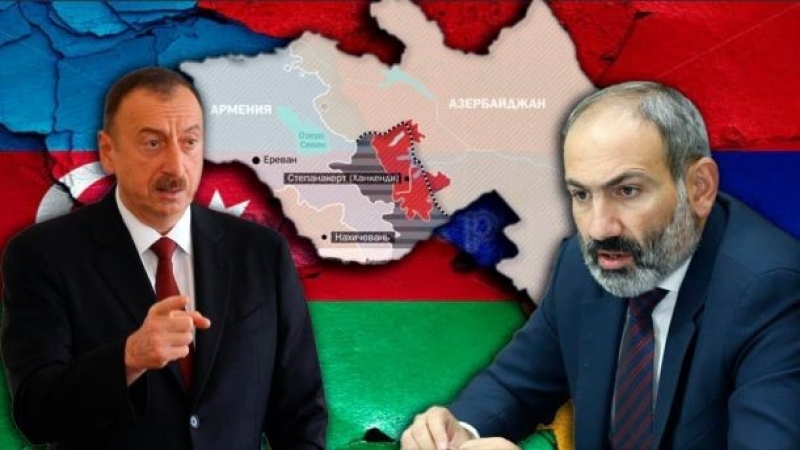 WHY IS THE NAGORNO KARABAKH PROCESS IN DEADLOCK
WHY IS THE NAGORNO KARABAKH PROCESS IN DEADLOCK
 THE AFTERMATH OF THE DENIAL OF TERRORIST SASSOUNIAN’S PAROLE
THE AFTERMATH OF THE DENIAL OF TERRORIST SASSOUNIAN’S PAROLE
 THE ORGANIZATION OF TURKIC STATES AND THE CLAIMS OF TURANISM AND PANTURKISM
THE ORGANIZATION OF TURKIC STATES AND THE CLAIMS OF TURANISM AND PANTURKISM
 THE AMERICANA DEBACLE: THE ARCHITECTS OF DENIAL
THE AMERICANA DEBACLE: THE ARCHITECTS OF DENIAL
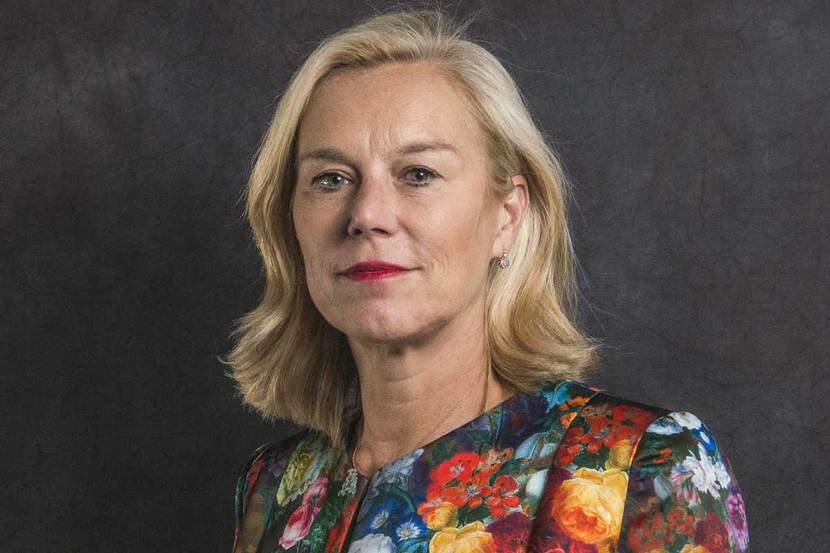 DUTCH DEPUTY FOREIGN MINISTER REBUKES THE DUTCH PARLIAMENT REGARDING THE 1915 EVENTS
DUTCH DEPUTY FOREIGN MINISTER REBUKES THE DUTCH PARLIAMENT REGARDING THE 1915 EVENTS




























